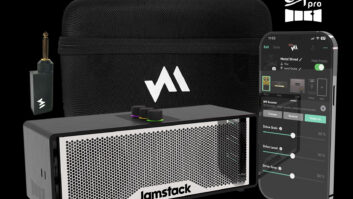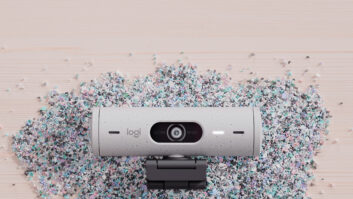Industry members welcomed the news last week of Liberty Media’s bailout of Sirius XM, which gives Liberty CEO John Malone a 40 percent stake in the company, but they said Sirius is not out of danger yet.
The fate of satellite radio may now rest on the skills of two media moguls, Malone and Sirius XM CEO Mel Karmazin, as well as the state of the economy.
The two struck an eleventh hour deal giving Liberty, which has a controlling interest in DirecTV, equity in Sirius XM plus seats on the board in exchange for a $530 million loan to Sirius.
Suppliers said the cash infusion gives them more confidence in the long-term prospects for satellite radio, with its 20 million subscribers, but Sirius still owes more than $3 billion in maturing debt.
From a retail perspective, the satellite-radio market has contracted since 2006 and is now at maintenance level. For this year, Sirius XM key distributor Audiovox expects $100 million in sales to retailers. Three years ago, Sirius alone (excluding XM) sold $220 million to retailers through distributor Directed Electronics.
One supplier said he hoped some of the loan would go toward advertising and new products. “Without some cool new products and a strong direct-marketing effort to drive sales, I don’t see how this business is sustainable,” he added.
But Alpine marketing VP Steve Witt didn’t quite agree. “We’ve already filled up the majority of pent-up demand in this country for satellite radio at retail. We see maintenance-level additional subscriptions coming from retail. Would some really innovative product help us drive that retail business? Yes, of course, but it’s estimated by analysts that about 75 percent of Sirius XM’s revenue over the next five to seven years will come from the car companies.”
Industry members suggested future Sirius XM retail products should offer better integration into cars and a better user interface.
On the plus side, for OEM suppliers like Alpine, the car makers’ interest in satellite radio has never been greater, said Witt. “Satellite radio and iPod connectivity are the two top-value additions that the car companies need to be embedded in their systems. They are working on year 2012 and 2013, and I can tell you, satellite radio will increase through 2013.”
But cars have stopped selling and so the economy and the brainpower of Karmazin and Malone may decide Sirius’ fate.
Under the deal’s structure, phase one includes a $280 million loan that went last week to pay off Sirius XM’s immediate debt, reportedly to Charlie Ergen, CEO of Dish Network in the amount of $171.6 million. Ergen was apparently aiming to take over Sirius, but the new deal with Malone trumped that effort.
The remaining phase-one cash will go toward “general corporate purposes,” and the loan will carry 15 percent interest.
The second phase provides a loan of $150 million to XM, now a Sirius subsidiary, and Liberty could purchase up to $100 million of XM’s loans. Also, Malone and Liberty president and CEO Greg Maffei are expected to sit on Sirius’ board.
By all accounts, Karmazin and Malone are forceful personalities that do not like to share the ship’s helm. Jimmy Schaeffler, CEO of the Carmel Group, believes Malone could manage to assume control of Sirius XM in the next one to three years, whether Karmazin remains at the company or not, but this might require federal approval, and so some observers consider it unlikely.
Schaeffler estimated 50 percent of Malone’s motivation to bail out Sirius was to thwart Ergen but also to gain satellite spectrum that might help DirecTV in the future, when the digital TV transition is complete. “The development of digital has been held back by the transition, and once that threshold is passed, digital services from mobile to portable to business to home will proliferate. So [the deal] is a good hedge for the future,” said Schaeffler.













